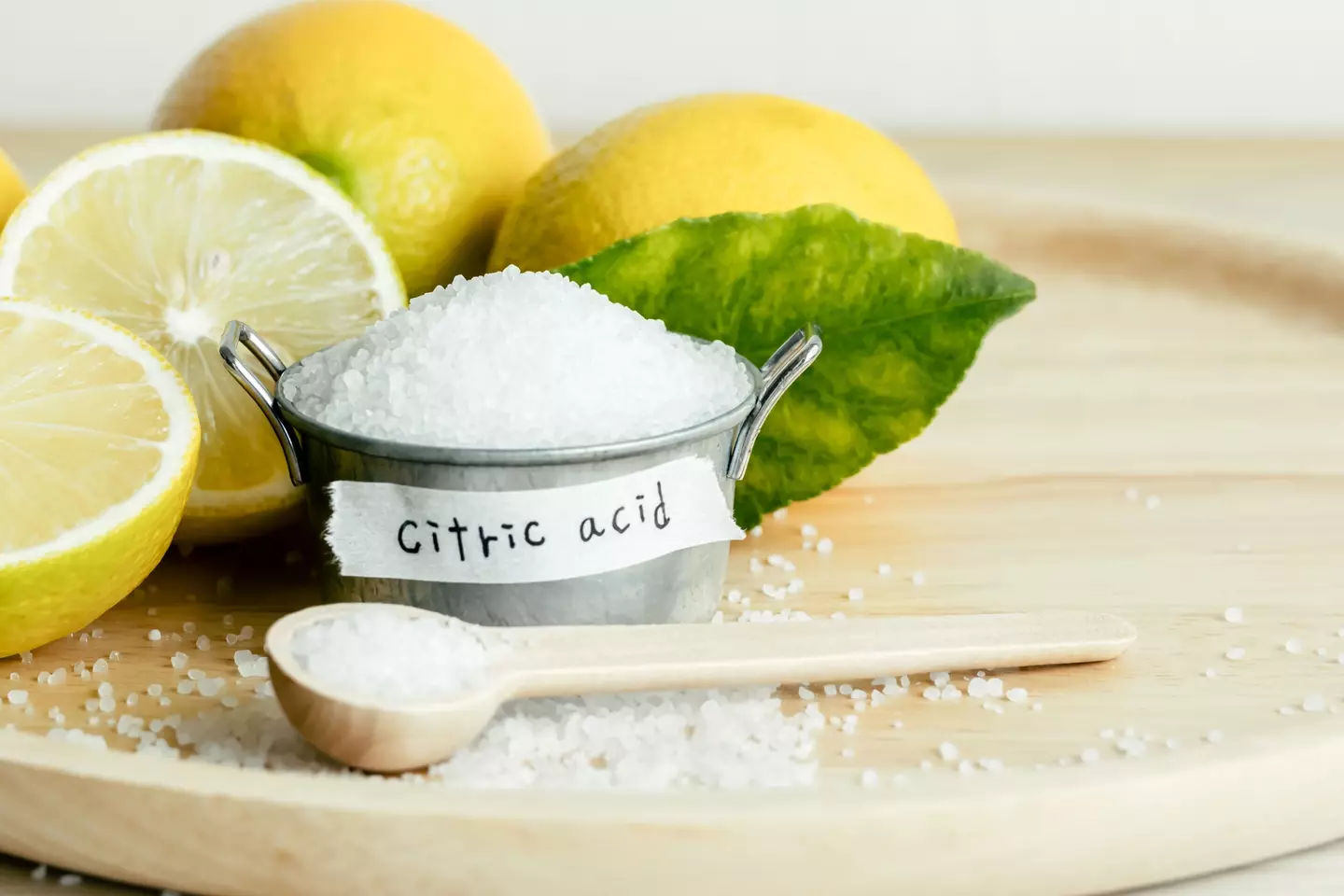
Sour sweets aren’t for everyone, but if you can handle the heat then there’s a good chance they’re your favourites.
The sweetness and sourness counterbalance each other exquisitely, and as with spicy foods there’s something moreish about eating something that’s fighting back.
Whether you’re a Haribo Tangfastics fan or you were one of the kids who brought Toxic Waste to school, you know what’s up.
But have you ever wondered what it is that’s making your tongue cringe and your eyes squint? How do sweets companies trigger those reactions so consistently?
Advert

It isn’t the rough texture, and it isn’t a particular flavour, and there’s a reason why the sourness also leaves your tongue feeling a bit used and abused.
And before we reveal what it is, and in case you aren’t familiar with what we’re talking about: it’s a raw sensation on your tongue, kind of like you’ve sucked a lemon and it’s punched your tongue for good measure.
The secret ingredient? Citric acid.
Citric acid, as the name suggests, is naturally found in citrus fruits like lemons, limes, oranges, and grapefruits, and the sour compound can be distilled down to a powder that’ll make your eyes water.
That powder is either included in the sour sweets themselves or coated over them, and when it’s coated on them it’s of course the first thing your mouth has to contend with.
Citric acid, as the acid part of the name suggests, is corrosive. With that in mind, it’s actively trying to damage your tongue. It’s specifically hitting the papillae, which some people confuse with ‘taste buds’ but are in fact the bumps that contain your taste buds.
When they’re in contact with citric acid, the substance interacts with the papillae’s taste buds and triggers a pain response.
If you’re licking a sour lolly or ploughing through a whole bag of Tangfastics in one go, that contact can be so prolonged that the effect can be more long-lasting. It can feel as though your tongue is peeling, which isn’t what many people want.

To reduce the discomfort or avoid this ‘peeling’ sensation, drinking water whilst chowing down can help to flush the citric acid from your mouth.
Brushing your teeth is a bad idea, though, as the acid can soften your enamel. It’s best to wait between 30 minutes and an hour before brushing so you don’t brush the enamel away – after all, that stuff doesn’t come back.
